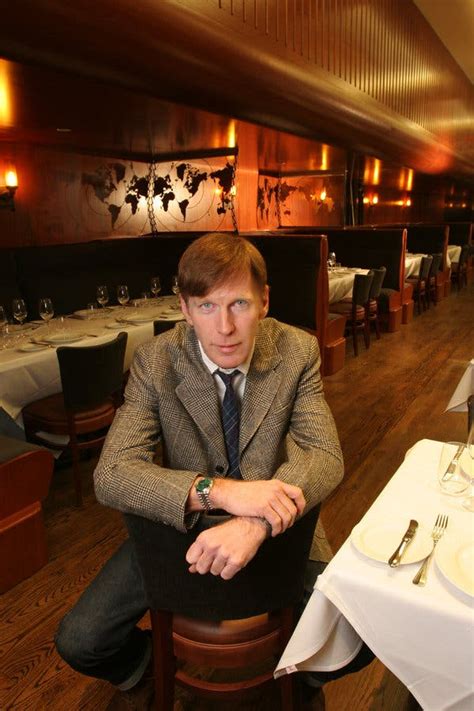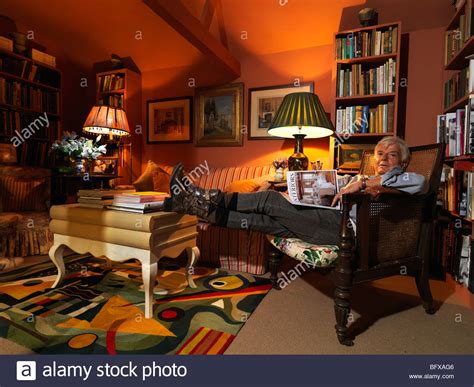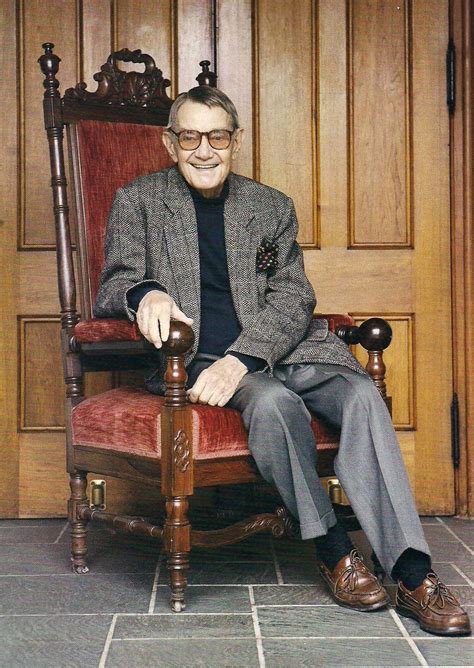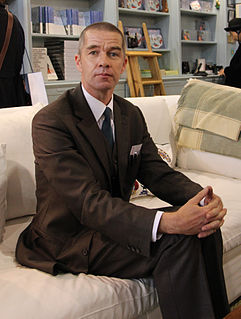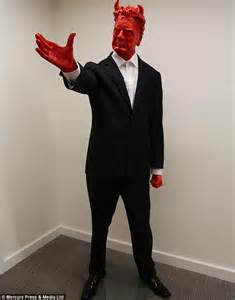A Quote by Jim Walrod
I always look at magazines and wind up standing there like, "Whose house looks like this? Who lives this way?" I never can understand what the point of view is. The only thing you can really do, being a decorator, is put an educated client towards what it is they don't know about. The dialogue between a client and a decorator should be more about, "Let me help you get to the point where you can find a comfortable place to live and be exposed to things," the way that an art consultant exposes a person who wants to buy art to art, instead of inflicting good taste upon them.
Quote Topics
About
Always
Art
Being
Between
Buy
Client
Comfortable
Consultant
Dialogue
Educated
Exposed
Find
Get
Good
Good Taste
Help
His Way
House
Instead
Know
Let Me
Like
Live
Lives
Look
Looks
Magazines
Me
More
Never
Only
Person
Place
Point
Point Of View
Put
Really
Should
Standing
Standing There
Taste
The Only Thing
Them
Thing
Things
Towards
Understand
Up
View
Wants
Way
Whose
Wind
Related Quotes
Never talk to a client about architecture. Talk to him about his children. That is simply good politics. He will not understand what you have to say about architecture most of the time. An architect of ability should be able to tell a client what he wants. Most of the time a client never knows what he wants.
I never understood the low art/high art distinction. I think there's real currency in pop culture. We read trashy magazines as much as the next person. So I never saw the point in listening to only one thing. That low art/high art distinction comes from the establishment telling me how I'm supposed to think.
My definition of art has always been the same. It is about freedom of expression, a new way of communication. It is never about exhibiting in museums or about hanging it on the wall. Art should live in the heart of the people. Ordinary people should have the same ability to understand art as anybody else. I don’t think art is elite or mysterious. I don’t think anybody can separate art from politics. The intention to separate art from politics is itself a very political intention.
I've been covering the art industry for nine years, and I still don't feel like I have a clear grasp on what an art consultant does. What's the difference between a dealer and an art consultant? Who are they? What's their day to day like? So I asked a few private dealers, consultants and curators to talk about what they do. Everyone told me a different story.
The only thing I collect is art. I collect it because I like looking at it. A lot of it is really personal stuff that my friends have made, paintings that my husband's mother made, and things that I bought. I buy abstract art on eBay, and I buy some outsider art on eBay, or what is called folk art, I buy a lot of. I have a lot of professional art work as well as more stuff my friends' kids make. To have a wall of art to look at, I feel really surrounded by love, because so much of the work is related to my friendships.
To me, art is the capacity to experience one's innocence: craft is how you get to that point. Maturity in a musician would be the point at which one is innocent at will. At that point the relationship between music and the musician is direct and reliable.
The relationship with music is always mysterious: when it works, you can never tell. You can never guarantee when it's going to work. You can only to put yourself in a place where it's more likely to happen.
Much like teaching art to young art students age 10 to 15 or so on, you have to break it down into bite-sized pieces, essential components. You have to - you know, at this point I'm so used to operating within given assumptions about art. But when you're explaining art to art students or people who are new to this experience, you have to really go back to the fundamentals.
What is the art experience about? Really, I'm not interested in making Art at all. I never, ever, think about it. To say the word Art, it's almost like a curse on art. I do know that I want to try to get closer to myself. The older I get, the more indications I have about what it is to get closer to yourself. You try less hard. I just want to be.
